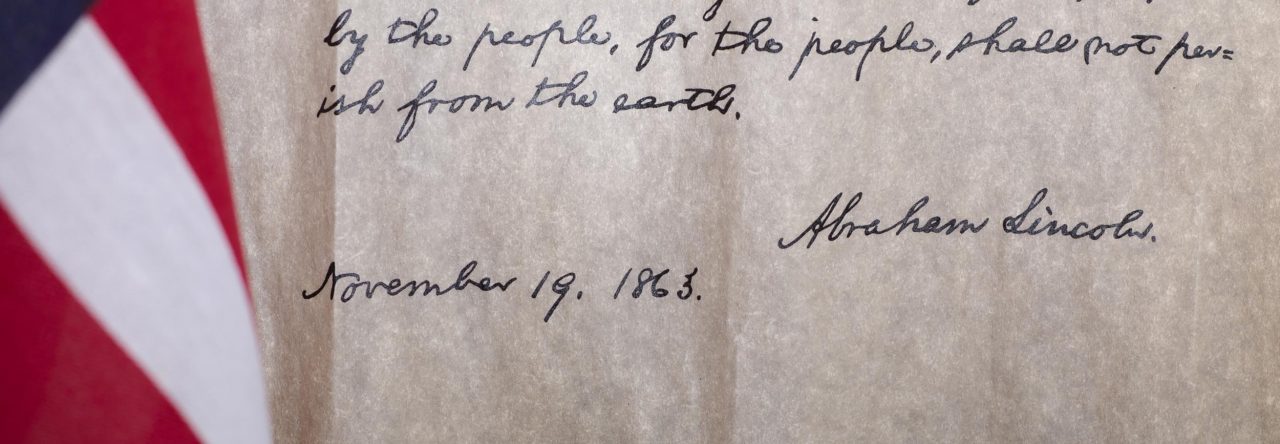Scapegoating Walmart
The feds seek billions in penalties for filling valid opioid prescriptions
One benefit of the Trump era has been the relative absence of dubious lawsuits against business. An exception is the Justice Department’s new suit against Walmart for filling opioid prescriptions.
The lawsuit in federal court in Delaware claims that Walmart “failed to detect and report at least hundreds of thousands of suspicious orders” and that as a pharmacy it “unlawfully filled thousands upon thousands of invalid controlled-substance prescriptions.” These actions enabled opioid abuse and “helped fuel a national crisis,” the feds say.
The complaint alleges violations of the Controlled Substances Act and its accompanying regulations, but it is really a 160-page exercise in scapegoating a company because it is well-known and has deep pockets. Walmart doesn’t push pills on opioid addicts. Its pharmacists fill valid prescriptions written by doctors who are licensed by their states and registered with the Drug Enforcement Administration (DEA).
When Walmart’s pharmacists catch a prescription that appears fraudulent or forged, they are trained to refuse to fill it and document the incident. Walmart says it has passed tens of thousands of leads about suspicious prescriptions to state and federal law enforcement. It’s the job of the DEA and state medical boards to investigate and revoke doctors’ licenses and prescribing privileges if there’s wrongdoing.
Yet the DEA rarely imposes such restrictions on physicians, and Walmart has no authority to act on its own. When pharmacists have refused to fill questionable prescriptions, doctors have sometimes sued for defamation and patients have sometimes sued for discrimination. Several states have prohibited pharmacists from interfering with the doctor-patient relationship by second-guessing valid prescriptions.
No federal law supersedes these state laws. Instead, the DEA has issued informal guidance on how pharmacists should ascertain whether an opioid prescription is medically legitimate. But this guidance doesn’t carry the force of law or regulation, and it has sometimes contradicted other federal guidance and statements on opioid dispensation.
Walmart notes that the DEA has suggested that some combinations of opioids never have a legitimate medical purpose and should never be filled. Yet the Centers for Medicare & Medicaid Services continues to cover these opioid combinations and wants such prescriptions to be evaluated based on individual medical circumstances. Walmart filed a pre-emptive suit in October seeking clarity about the standards for handling prescriptions, but it has received no answers.
The DOJ complaint also includes more than 190 mentions of “red flags” about suspicious opioid prescriptions. It claims Walmart often didn’t adequately resolve them and sometimes knowingly filled illegitimate prescriptions despite the warnings. But Walmart notes in its lawsuit that the Controlled Substances Act “and its implementing regulations do not include the concept of red flags, let alone identify any particular factors as a red flag.”
The feds try to side-step this problem by claiming that, under the Controlled Substances Act and regulations, “the pharmacist’s conduct must adhere to the usual course of his or her professional practice as a pharmacist.” The complaint argues that catching and resolving “red flags” for opioid prescriptions is “a well-recognized responsibility of a pharmacist in the professional practice of pharmacy,” so “failing to fulfill this responsibility” is a violation of the federal law.
All of this raises constitutional issues based on a lack of legal standing. A negligence claim like the one alleged here is supposed to have a specific party claiming a specific injury caused by someone specific. Those are typically claims by one private party against another. The government can sue for violations of law, not because someone was negligent. The government’s claims of Controlled Substances Act violations are so general that they seem contrived to add some violation of law.
In effect DOJ is asking the federal court to overrule state law in favor of informal federal guidance and a vague notion of pharmaceutical best practices. This harassment was typical of the Obama era but it’s especially disappointing from the Trump Justice Department. The Biden Administration will be happy to run with this prosecutorial abuse.


Leave a Reply